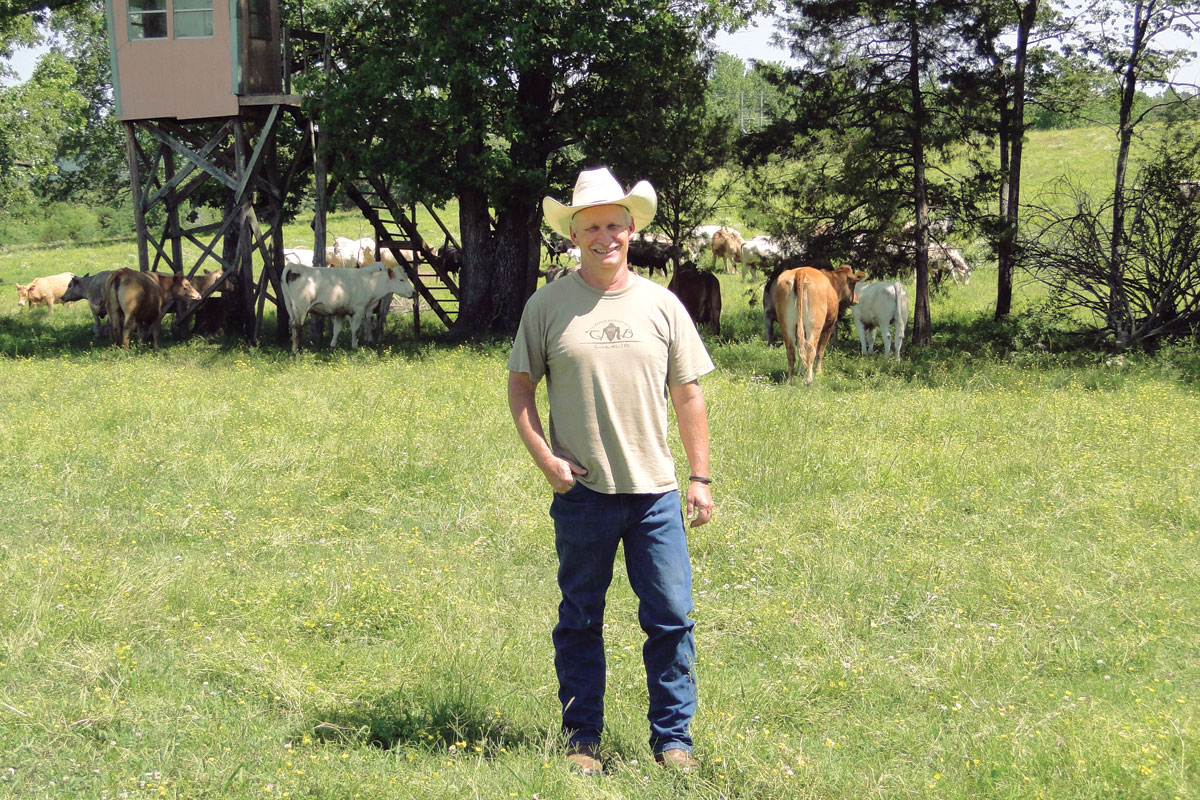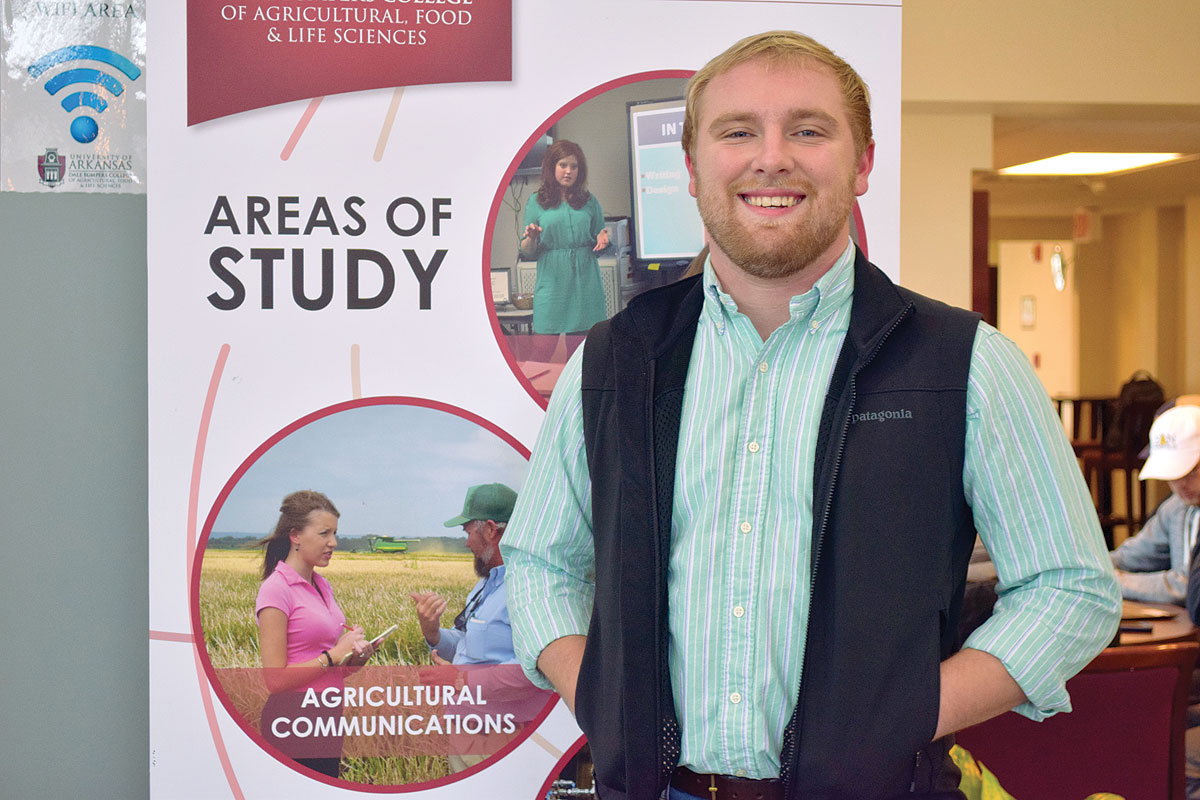
Julie Leonard of Greenwood, Ark., has dedicated her life to making a positive impact on the farming community in Arkansas.
“I had an exceptional ag teacher in high school. He was a very positive role model. He made me do public speaking. He said I had to. And because he made me do things like that, I was very thankful later on. I went to college wanting to be like him, to make a difference in a kid’s life.
Julie took a job with the extension service in 1998, and said, “I realized that I could make a difference in all kinds of people’s lives there.”
During her early years in extension, she finished her Master’s Degree in Forage Management. “I’m a pasture person. I love it. If I hadn’t gone to work at extension I would never have found that love, that passion,” she said.
In February she stepped out of the role of County Agent and into being a full-time farmer with her husband, Tracy. “Everything in my life has prepared me for this,” she said of the farming partnership.
The Cattle Company
Tracy’s dad, Jim Leonard, transitioned his farm, Leonard Cattle Company, from a dairy to a stocker cattle operation in the 90’s. Around the same time he became a representative for Superior Livestock Auctions. After working a few years in Agribusiness, Tracy followed right in his dad’s footsteps as a farmer and cattle broker.
Successfully managing and marketing stocker cattle requires maximum efficiency, which the Leonard family is continually working to improve. The operation is set up with its own mixer so that they can custom mix feed for their cattle. They also make use of local commodities to help keep their feed prices down. When the Leonards receive the cattle, they monitor them closely for two to three weeks before turning them out to graze or to feed. “Tracy’s parents full-feed their cattle all the time. Tracy and I will have some light weight cattle that we let graze until they get up to a certain weight. Then, we will bring them back and put them on feed. We market straight to the feedlots,” Julie explained.
Alongside the Leonard family operation, Julie maintains her own herd of 62 momma cows with calves. “I had to have some babies, she said with a laugh. “We usually just roll the calves right into the stocker operation.”
The Horse Program
“I grew up in Boone County. When I was 13 years old a cattle rancher from West Texas moved to our area. He had cutting horses. My step-dad had done some work for him, and about that same time I went on my pony and helped the rancher move some of his cows. He gave me my first Quarter Horse in exchange for some work that my step-dad had done. When I was 14 or 15, we moved down to the ranch. Growing up as a teenager I lived on this ranch. We moved the cattle via horseback; we checked the fences via horseback. I developed this passion to know more about and study the bloodlines. During this time, my real dad died. So my inheritance from my Daddy is invested in the breeding program I have today.” Julie still has Baby, that very first horse. He is 29 this year.
The economic times have taken their toll on many horse owners. Julie says that because of what her breeding program represents, she is determined to hang on. She has had to change her focus in the last two years, but things are starting to improve again.
Impact In Agriculture
Even though she is no longer working directly with the public as an extension agent, sharing her knowledge and impacting lives is still a fundamental element in Julie’s life. She has been active in Arkansas Women in Agriculture (ARWIA) since 2005 and was elected to serve as President of the Board in March. For three years ARWIA has offered risk management workshops and area classes funded through Annie’s Project.
“Almost everything we have done has been funded by grant money. Annie’s Project is helping women all across the country, and we thought it would be an opportunity to help women in Arkansas.” Topics at the 2010 annual conference included legal liabilities, marketing strategies for row crops and livestock and business planning. ARWIA allows women farmers and ranchers to network and exchange valuable information while building relationships with each other across the state. “I have been able to meet so many women that farm. We all have a story.”







